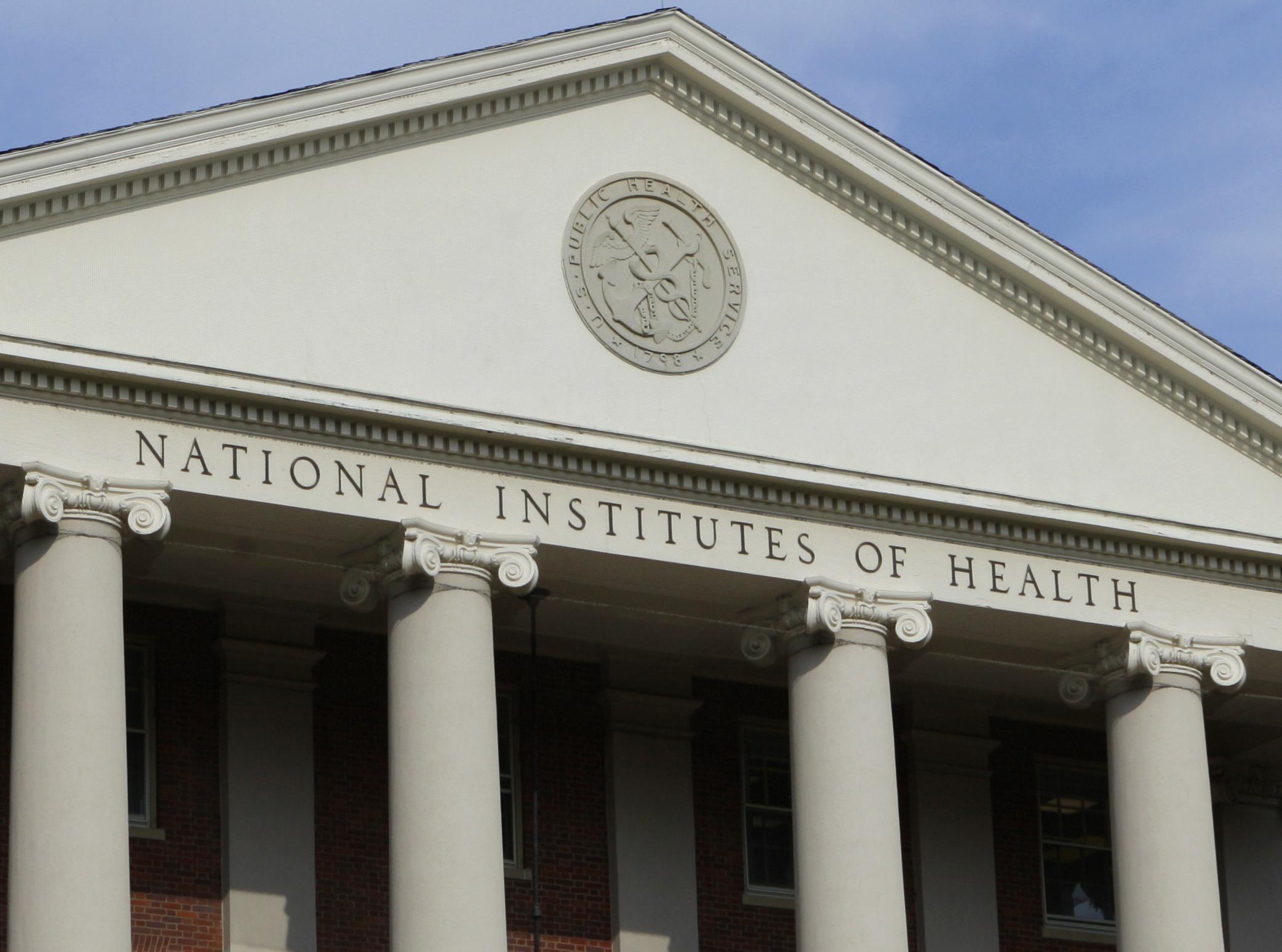Dr. Amy Nunn, a professor of public health and medicine at Brown University, wanted to tackle these statistics.
“I've been working in Jackson for about 15 years, and we have done a lot of research about HIV disparities,” she said. “The city has some of the highest HIV infection rates in the country, and some of the rates are higher than countries in sub-Saharan Africa. One of the things that is most important, I think, is to develop solutions for the populations of interest. In this case, Black men.”
Using a research model that she developed in the city, Nunn secured federal funding from the National Institutes of Health (NIH) to establish a study on the use of PrEP, an HIV prevention treatment, among 300 HIV-negative Black men across three cities, including Jackson.
“We were sad that the grant was terminated because we think it held a lot of promise for really important solutions for helping young Black men and young Hispanic men who are HIV-negative, stay HIV-negative and protect them from contracting HIV,” she said.
According to the U.S. Department of Health and Human Services, funding for HIV-related research grants has been gutted around the country, including Mississippi.
“It was Thursday, March 20th, I believe,” Nunn said. “The language said that this grant no longer effectuates NIH agency priorities.”
An email informed Nunn that the $844,000 remaining of grant funds would not be sent, citing the study’s use of DEI.
“Honestly, I was confused,” she said. “In 2019, President Trump announced a plan to end the HIV epidemic. He had a big focus on my home state of Arkansas, as well as Mississippi and Alabama and in other states in the Deep South. So we were blindsided that this grant was terminated because it aligned perfectly with his priorities, including in red states.”
Nunn hopes that the grant is reinstated, but says she’s concerned with the potential implications of the loss of this study.
“The bottom line is that more young people are going to contract HIV as a result of this grant being terminated, and a lot of other ones around the country,” Nunn said. “We need to think about the impacts of these funding cuts on patients. This affects the everyday lives of poor, disenfranchised people who really need services.”
June Gipson is president and CEO of My Brother’s Keeper, a Mississippi non-profit that also provides HIV prevention treatment. She says the organization has experienced a significant reduction in federal assistance since President Trump assumed office in January.
“For us, this is going to be about $6 or $7 million worth of things all collectively that's being affected,” she said.
Gipson says the organization is no longer eligible for outside funds that would have matched the federal grants it would have received.
“We have had to furlough,” she said. “We've had to close offices. We've had grants terminated. Then there's just no context. You’re either getting a termination letter or you’re getting zero, you get nothing. You just don't know anything that’s happening.”
At least 1,200 jobs are expected to be cut at the NIH itself.




